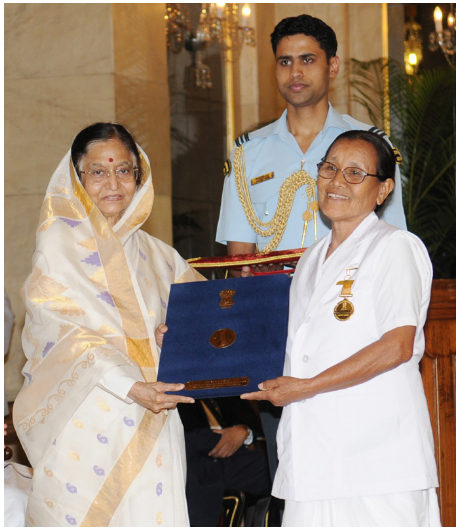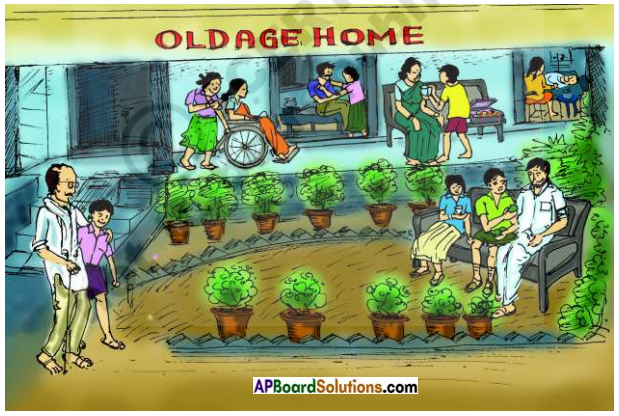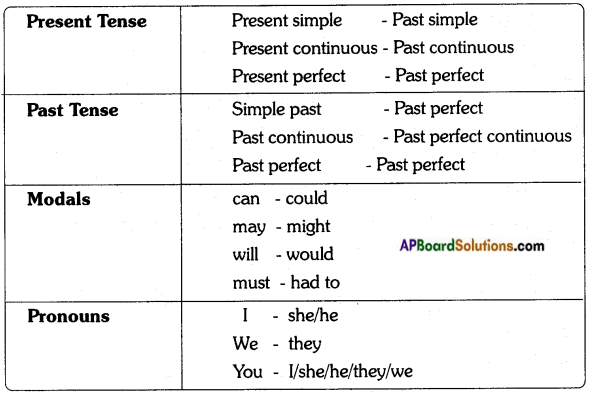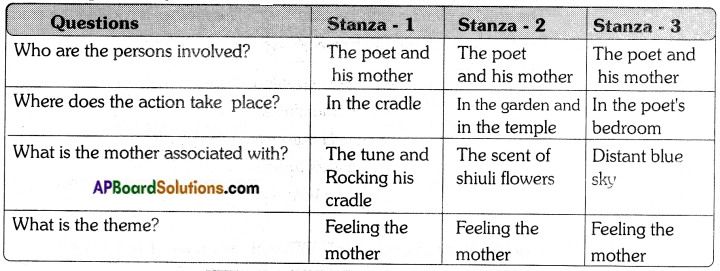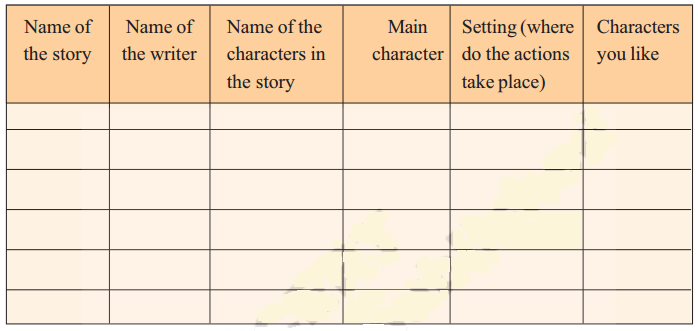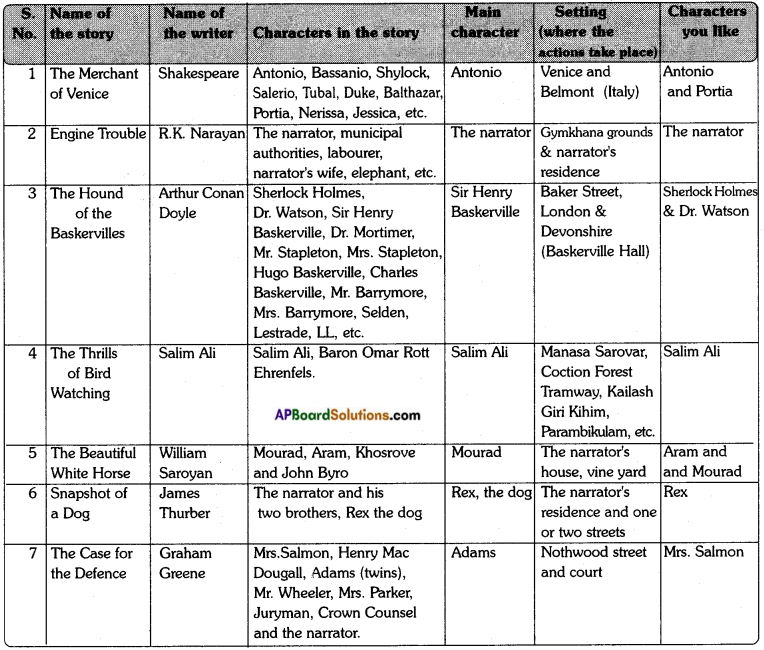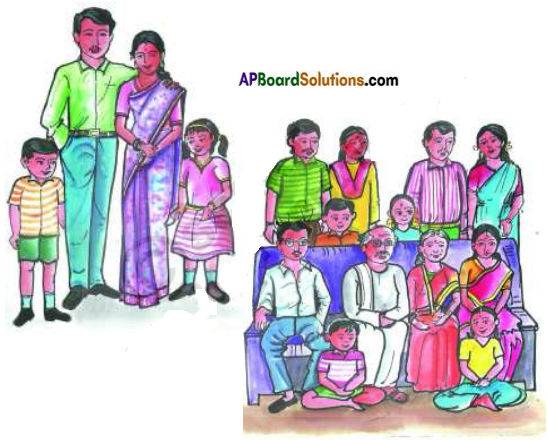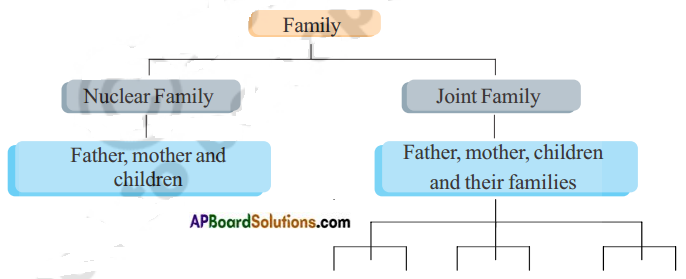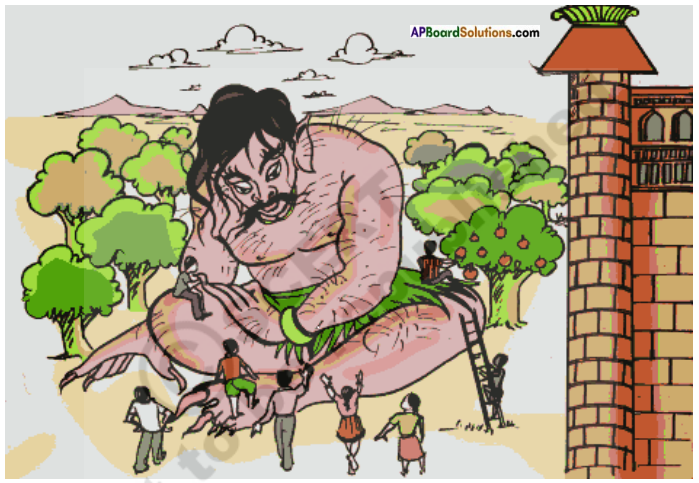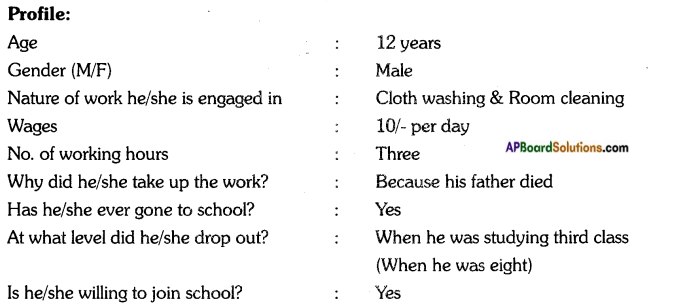AP State Syllabus AP Board 8th Class English Textbook Solutions Chapter 6B Be Thankful Textbook Questions and Answers.
AP State Syllabus 8th Class English Solutions Chapter 6B Be Thankful
8th Class English Chapter 6B Be Thankful Textbook Questions and Answers
Comprehension
Answer the following questions.
Question 1.
The poet depicts different situations/aspects of life where we need to be thankful. What are they?
Answer:
We need to be thankful to the following situations/aspects of life:
- When we don’t know something;
- When we face difficult times;
- When we have certain limitations;
- When we face new challenges;
- When we make mistakes;
- When we are tired and weary;
- When we suffer setbacks and
- When we face troubles.
![]()
Question 2.
Do you agree to the poet’s idea? Yes/No? Give reasons.
Answer:
Yes, I agree to the poet’s ideas. We need to be thankful that we don’t already have everything we desire. If we get everything we desire, there will be nothing to look forward to do. If we don’t know something, we will try to learn about it. We grow in the difficult times. We try to find out a solution to get rid of our difficulties. When we have limitations, we try to overcome them. In the process of facing the new challenges, we will build our strength and character. Our mistakes will teach us valuable lessons. When we suffer setbacks it will bring out our innate powers. All these things make us perfect ones.
Question 3.
How do the difficulties help us grow? When will the troubles become blessings?
Answer:
The difficulties help us grow. When one faces difficulties, one tries to get rid of them. It makes the person to think in the right way and find the right solution. Thus he is able to get out of his difficulties. When one finds a way to be thankful for one’s troubles, the troubles become blessings.
Be Thankful Summary in English
We need to be thankful that we don’t already have everything we desire. There would be nothing to look forward to do if we get everything we desire. We need to be thankful when we don’t know something for it gives us the opportunity to learn. We need to be grateful when we face the difficult times as we grow during those times. We need to be thankful for our limitations as they give us opportunities for improvement. We need to be grateful for each new challenge as it will build our strength and character. We need to be thankful for our mistakes as they will teach us valuable lessons. We need to be thankful when we are tired and weary as it means we have made a difference. It is easy for all of us to be thankful for the good things. But we need to be thankful even for the setbacks to get a life of rich fulfillment. Gratitude can change a negative into a positive. We need to find a way to be thankful for our troubles as they can become our blessings.
![]()
Be Thankful Glossary
desire (n): a strong wish to have or do something
character (n): all the qualities and features that make a person, groups of people, and places different from others
weary (adj): very tired
